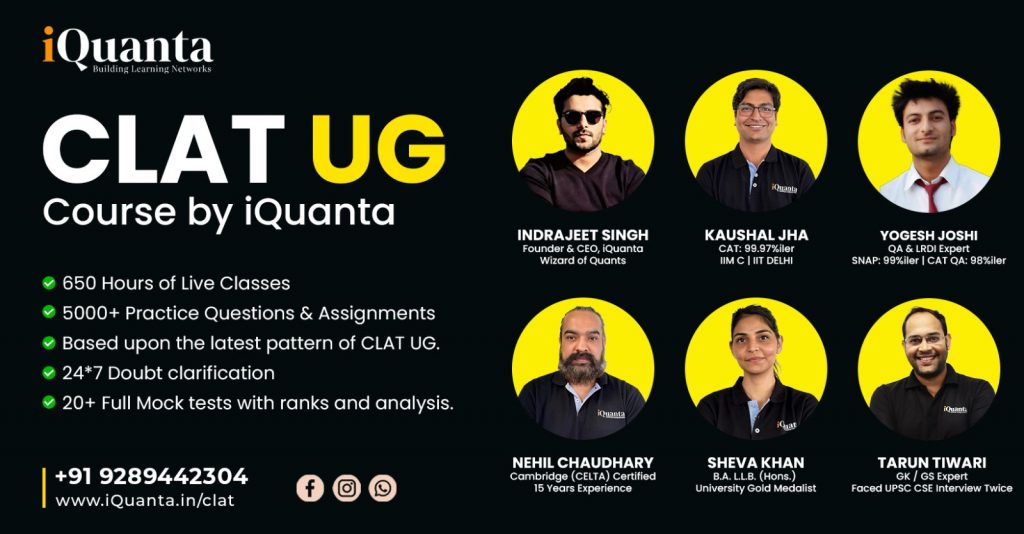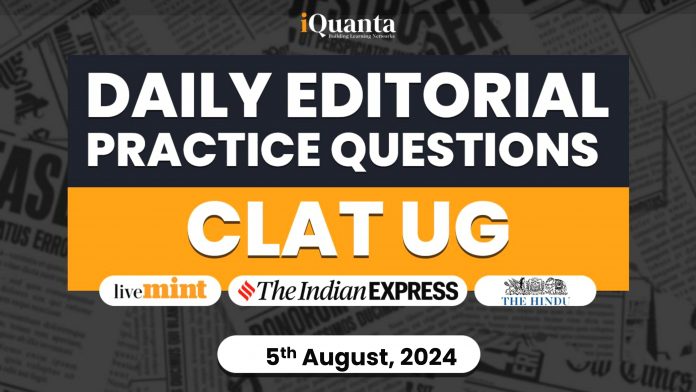Passage 1
In a public interest litigation seeking establishment and effectuation of Gram Nyayalayas in the country as per the mandate of Gram Nyayalayas Act, [1], the Supreme Court today directed states/UTs and their High Courts to file fresh affidavits on the establishment and functioning of Gram Nyayalayas.
“We therefore direct the Chief Secretaries of all the states and the Registrar Generals of all High Courts to file affidavits within a period of 6 weeks from today, pointing out details regarding establishment and functioning of the Gram Nyayalayas in their respective states. The affidavits shall also record the infrastructure which is available to such Gram Nyayalayas. We further direct that before filing the affidavits, the Chief Secretaries of the states and the Registrar Generals of the High Courts shall have a meeting and coordinate with regard to the policy for establishing Gram Nyayalayas in the respective states, including the infrastructure to be provided therefore. The affidavits shall also clarify as to whether such of the states propose to establish Gram Nyayalayas than the ones which are already established and the steps proposed to be taken in that regard”, said the bench of Justices BR Gavai and KV Viswanathan.
During the hearing of the case, Advocate Prashant Bhushan, appearing for petitioners, urged that although more than 6000 Gram Nyayalayas should have been established in the country over past 16 years (since passing of the Act), only 400 have been established so far, and out of them only 264 are functional. He averred that there is a huge pendency and backlog of cases, with people struggling to get their cases listed, which was contemplated to be prevented through establishment of the Gram Nyayalayas.
“The whole object of this Act was to set up Gram Nyalayas at intermediate Panchayat level, that should be able to deal with several cases of ordinary people…it lays down everything…that the judges in this court will be appointed in consultation with the High Court, they should have the same qualification as a judicial magistrate…will be the jurisdiction of the courts…appeals will lie to the district courts…etc”.
Calling the situation “pathetic”, Bhushan drew the court’s attention to the fact that it passed an order in 2020, directing inter-alia that the states which had not issued notifications for establishing Gram Nyayalayas do the same within 4 weeks.
“It appears that governments are totally oblivious to the administration of justice…they are not interested in seeing that justice gets administered”, he said.
Source: https://www.livelaw.in/top-stories/supreme-court-esta
Get CLAT Online Coaching!

Passage 2
India is among the [1] countries participating in the third UN-led conference on Afghanistan in [2] that kicked off Sunday, looking to find ways to improve the lives of the Afghan people in the Taliban ruled country. The meeting is significant as it is the first time that the Taliban are attending the talks. However, the UN has denied that the latest round of talks in Doha are meant to pave the way for international recognition for the Taliban.
The conference has also come under strong criticism from rights groups for not engaging Afghan women and civil society members. India is being represented in the meeting by MEA joint secretary of the Pakistan, Afghanistan and Iran (PAI) division J P Singh. The official, who visited Kabul in March this year, also met Taliban leaders .India continues to tread carefully on the Taliban, as it works closely with them for Afghanistan’s humanitarian needs and its own security needs but without doing anything that might be seen as a step towards official recognition for the regime in Kabul.
The conference is also seeing participation by the EU, OIC and SCO, the Eurasian bloc which will be hosting its summit meeting this week in Astana, where one of the main focus areas again will be the situation in Afghanistan. With PM Narendra Modi skipping participation, although he may still address it virtually on July 4, foreign minister S Jaishankar will represent India at the SCO summit. Both in Doha and Astana, government will look to further hammer its point that as a contiguous neighbour, India has legitimate economic and security interests in Afghanistan, and that the international community must focus on combating terrorism, humanitarian assistance, formation of a truly inclusive government and preserving the rights of women, girls and minorities. The focus on girls and women is important as the Taliban continue to deny them access to schools and colleges, in line with their interpretation of Islamic laws. Securing its investments in Afghanistan is also a priority for India as it working on close to 500 projects in the country spread across all 34 provinces in areas like power, water supply, road connectivity, healthcare, education and agriculture. In all, India has invested more than $ 3 billion in Afghanistan. Ensuring that Afghan territory is not used for sheltering terrorists or financing terrorist acts, however, tops the list of Indian priorities. This is particularly so in the case of terrorists proscribed by the UN Security Council, including those belonging to Pakistan based Lashkar-e-Tayyiba and Jaish-e-Mohammad. India will look to again make the point that any instability in Afghanistan is a threat to the whole region.
Source: https://timesofindia.indiatimes.com/india/india-joins-uns-doha-


